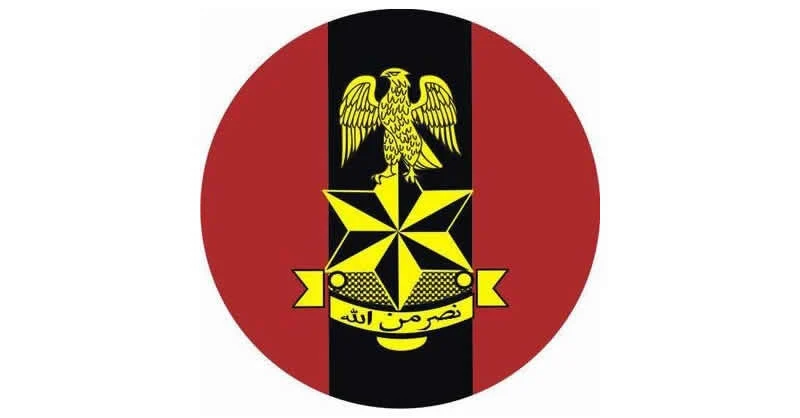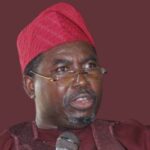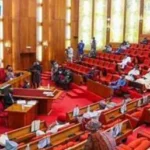Nigeria’s Foreign Reserves Hit Five-Year High Of $43.4 Billion, Says CBN

The Central Bank of Nigeria (CBN) has announced that the nation’s foreign exchange reserves have risen to a five-year peak of $43.4 billion, reflecting growing stability in the country’s external sector.
Mohammed Abdullahi, CBN’s Deputy Governor for Economic Policy, disclosed this during the Nigeria Investors Forum held in Washington, D.C., United States, on the sidelines of the IMF–World Bank Annual Meetings.
Abdullahi said the milestone, recorded on October 10, marks a major improvement in Nigeria’s external buffers, even after the central bank settled outstanding foreign exchange obligations and worked to enhance market liquidity.
“Our gross reserves are at a five-year high of $43.4 billion as of October 10, enough to cover 11 months of imports,” Abdullahi stated.
He attributed the growth in reserves to ongoing monetary and fiscal reforms aimed at restoring investor confidence, stabilising the naira, and boosting foreign inflows.
The deputy governor further noted that the CBN’s efforts to clear foreign exchange backlogs and streamline market operations have contributed significantly to the improved reserve position.
Economic analysts say the development signals renewed resilience in Nigeria’s external accounts, providing greater capacity to support import needs and strengthen the country’s credit outlook.
The rise in reserves comes at a time when the federal government is pushing ahead with reforms in the foreign exchange market and implementing strategies to attract long-term investments into key sectors of the economy.
This increase in reserves is particularly timely, as it provides a crucial buffer against potential global economic shocks and strengthens the CBN’s capacity for currency defense against speculative attacks on the naira. Moreover, this stronger reserve position is expected to positively influence investor sentiment, signaling a lower risk profile for sovereign debt and potentially leading to better terms for future international borrowings. The enhanced stability is also a good sign for businesses, as a deeper reserve pool provides more assurance regarding the availability of foreign exchange for importing essential raw materials and machinery, ultimately supporting domestic production and tempering inflationary pressures linked to dollar scarcity.









